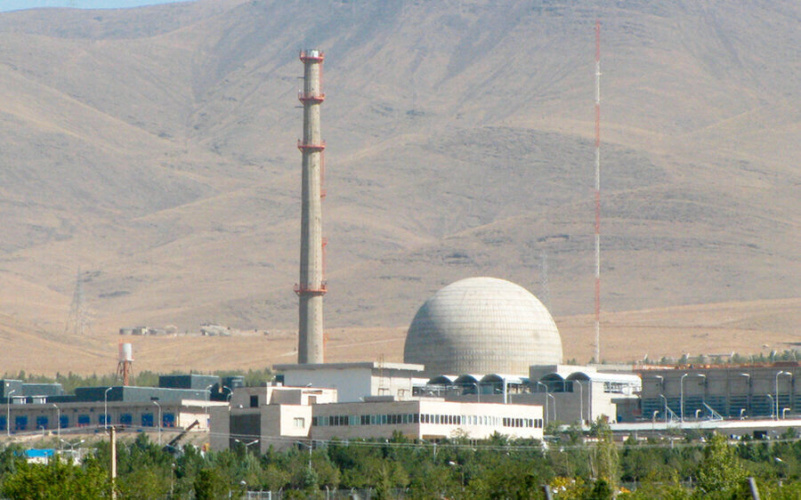Signalling an advance in talks on Iran’s nuclear programs, the Biden Administration allows Russia, Chinese, and European companies to renew non-proliferation work at Iranian sites.
A “senior State Department official” confirmed that the Administration has restored a sanctions waiver withdrawn by the its predecessor under Donald Trump in May 2020.
The Vienna talks are expected to resume after Iran’s celebration of the 1979 Islamic Revolution. Earlier this week US officials said they are in their “final stage”, although they and European counterparts have said that gaps remain and that a resolution is needed this month.
The Biden Administration is issuing the waiver even though Iran is continuing to limit the inspections of the International Atomic Energy Agency. Tehran has withheld video surveillance tapes from the IAEA since February 2021, and inspectors have been blocked. Earlier this week Iranian officials confirmed that the inspectors will be denied access to the new complex at Isfahan for uranium centrifuge components.
Iran Nuclear Talks “Reaching Final Stage” as Delegations Return to National Capitals
Iran Blocks Access by IAEA’s Inspectors to New Nuclear Site
The State Department official said the waiver was necessary for the Vienna negotiations about the US re-entry to the 2015 Iran nuclear deal and renewal of the Joint Comprehensive Plan of Action: “The technical discussions facilitated by the waiver are necessary in the final weeks of JCPOA talks….Absent this sanctions waiver, detailed technical discussions with third parties regarding disposition of stockpiles and other activities of non-proliferation value cannot take place.”
The waiver permits other countries to work with Iran on conversion of nuclear facilities, returning Iran to compliance with the terms of the JCPOA. This includes the development of the Arak heavy water nuclear reactor to ensure it does not produce plutonium by-product which could be used for a nuclear warhead; the provision of enriched uranium for the Tehran Research Reactor, including for medical isotopes; and the transfer of spent and scrap reactor fuel abroad.
The official said that even if a deal is not agreed, the waiver is needed for discussions on the non-proliferation of nuclear weapons.
A State Department report to Congress summarized:
The waiver with respect to these activities is designed to facilitate discussions that would help to close a deal on a mutual return to full implementation of the JCPOA and lay the groundwork for Iran’s return to performance of its JCPOA commitments.
“It is also designed to serve U.S. non-proliferation and nuclear safety interests and constrain Iran’s nuclear activities. It is being issued as a matter of policy discretion with these objectives in mind, and not pursuant to a commitment or as part of a quid pro quo.
Iran’s Foreign Minister Hossein Amir-Abdollahian said on Saturday that the US must go farther with the lifting of sanctions:
In recent days, we have explicitly told the American parties through intermediaries, who exchange messages, that they must show their goodwill in practice. In our view, goodwill in practice means that something tangible will happen on the ground. The lifting of some sanctions can, in the true sense of the word, translate into the goodwill that the Americans are talking about. What happens on paper is good, but not enough.


Inflation Gives Biden an Incentive for a Bad Iran Deal : https://www.wsj.com/articles/inflation-gives-biden-an-incentive-for-a-bad-iran-deal-oil-nuclear-energy-prices-inflation-jcpoa-2015-sullivan-11642603586
The current inflation crisis in the West – caused both the pandemic and the crunch in energy supply – may force the hand of the Americans to placate the Iranians to get their crude back on the market.